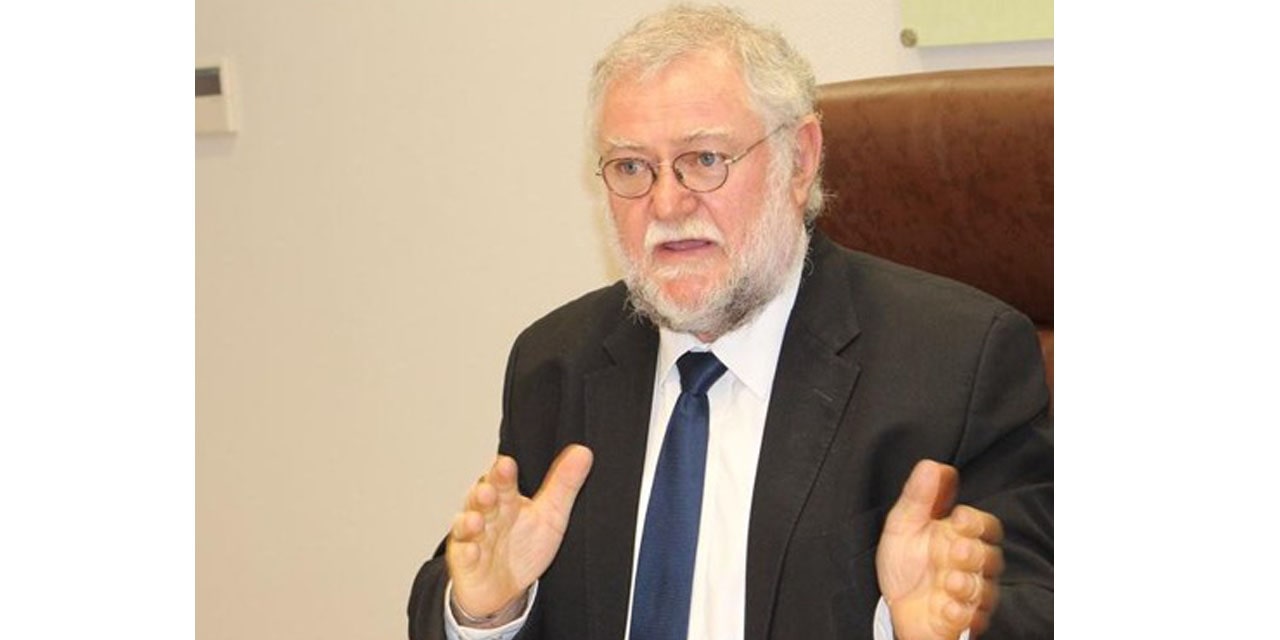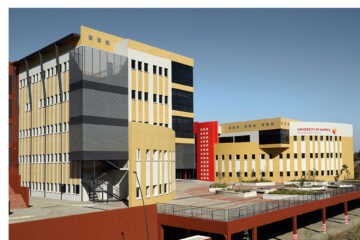Hertta-Maria Amutenja
The Ministry of Agriculture, the Government of Namibia, the attorney general, and Hango Nambinga have applied for leave to appeal to the Supreme Court of Namibia.
The High Court issued two judgments on 5 September 2023 and 25 October 2024, and a specific portion of the order on 25 October 2024, in response to Job Amupanda’s challenge to the veterinary cordon fence, also known as the “red line.”
The applicants argue that the High Court made several legal and factual errors in a notice they filed with the court on November 15.
“The court erred in finding that the case was of general public importance when the legal principles at issue were already settled, “ read the notice.
The applicants argue that the Court wrongly concluded that the public interest required the resolution of the issues, which they say only serves the private interests of Amupanda, the first respondent.
The applicants also argue that the High Court failed to properly assess the financial positions of the parties involved, especially Amupanda.
“The Court should have required more disclosure of the first respondent’s financial position, which was insufficiently documented,” they claim.
The notice highlights the incomplete disclosure of Amupanda’s financial standing and suggests that the Court should have insisted on greater transparency, given that the ruling relied on limited evidence.
The applicants are requesting that the court grant them leave to appeal both the entire judgment and specific parts of the order and that the costs of this application be included in the appeal costs.
They reserve the right to expand on their reasons for the appeal if the request is granted.
The managing judge will likely schedule the matter for a hearing at a later date.
The case, which centres on Amupanda’s challenge to the red line, is ongoing.
On September 5, 2023, High Court Judge Shafimana Ueitele granted Amupanda leave to pursue a constitutional challenge, claiming that the red line subjects northern travellers to degrading treatment when crossing into the South.
This includes unnecessary searches and declarations of animal products, a process he argues is not imposed on travellers heading north.
The red line divides northern communal farming areas from the rest of the country and is intended to control the spread of livestock diseases, particularly foot-and-mouth disease.
Amupanda’s legal challenge argues that the fence is unconstitutional, discriminatory, and a legacy of colonialism, as it restricts the movement of people and animals.
In a further development, on 30 October 2023, Judge Ueitele ruled that if Amupanda loses the case, he will not be required to pay the legal costs of the government and other parties involved.
The decision responded to Amupanda’s request for a protective costs order, recognising that while Amupanda was not without financial resources, his monthly expenses were higher than his income.
The Ministry of Agriculture has defended the red line, stating that it is essential for preventing the spread of animal diseases and protecting Namibia’s beef export market.
Agriculture minister, Calle Schlettwein has emphasised the importance of the red line in maintaining the country’s foot-and-mouth disease-free status.
The matter is set for a hearing starting 20 January 2024.




